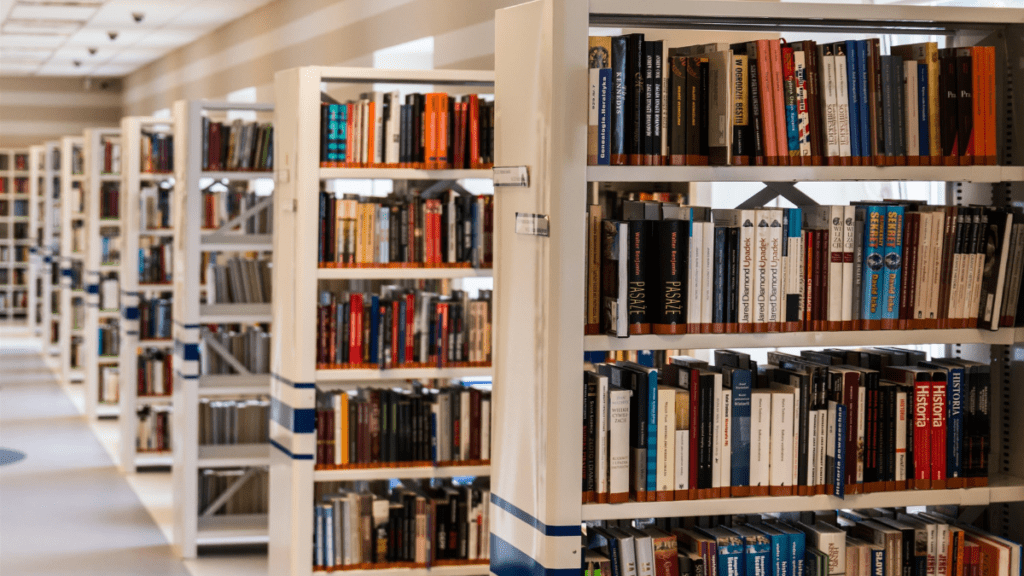To the pursuit of arts


So much appreciation for arts is derived from our material conditions. I’m reminded of this during those discussions in class about whether the courses we will take in college are borne out of passion or practicality. We were all witnesses to the disconnect there. That in our society those two rarely coexist together. Those who erred on the practical side considered the lucrativeness of the industry after they graduate, and those who considered taking what they are passionate about (who eventually went on to choose to be practical) thought of taking art courses.
There’s a popular perception about art as a hobby. A product of leisure. Something you do during your free time. Meanwhile, there are supposedly “actual, real works” which are mostly from science and engineering departments. There is a pitting against arts/humanities and STEM professions that translates into pedagogical policies such as the proposed reduction of GE courses in UP back in 2016.
It’s important to reflect on why arts are underappreciated in the country.
Conditions necessary for appreciating art
Ultimately, appreciation for art is deeply rooted in our material conditions. In a capitalist society, art becomes subsumed into commerce or enterprise making it inaccessible to a large segment of the population. It then calls into question who is this art for? To whom do we make art and what is this art good for?
And then there’s the problem of time. Carving out a time to appreciate art is impossible because of our meager salary, the rising prices of basic commodities, and the threat of homelessness. That our every waking moment compels us to be devoted to the pursuit of making ends meet. These conditions affect ordinary citizens’ engagement with art.
Accessibility

In her dissertation, professor and poet Conchitina Cruz unpacked the relationship of the author as a producer of literature in the context of literary consumption in the Philippines. She said,
While I don‘t dispute the relevance of the writer‘s skill in drawing the attention of readers, I think it is more crucial to foreground the inherently restrictive role of material conditions in the activity of reading any kind of literature. The ordinary Filipino cannot afford to be a reader, and the writer cannot address this fundamental issue by way of craft. No amount of skill in producing finely crafted literature, even when it pointedly represents and expresses solidarity with the oppressed, can grant Filipinos access to the material and activity of reading the way that equitable redistribution of wealth can.
The minimum wage in Manila amounts to P570 pesos per day. A book normally costs around P400. And that’s without the shipping fee or the fare if you’re shopping in bookstores. And here in the country, community libraries are virtually non-existent. The common idea that Filipinos are not just readers is constantly dispelled to me whenever I walk around our neighborhood and see a tricycle driver, perched on the hull of the vehicle, reading the Bible which is the book most easily accessible because of religious organizations.
Meanwhile, kilo of rice now ranges from P41-P50. A few weeks ago we’ve seen the price of onions and eggs rise. Jeepney fare now costs P12, an increase of P4 from the pre-pandemic times. For an ordinary Filipino, buying things such as books is simply out of the equation. Our basic necessities are much more important such as food rent and health.
This is not only limited to the written word but also when it comes to visual arts like films. A ticket now costs P300-P500 if we’re being modest plus food and drinks. It doesn’t help that most of our theaters are located in malls which by virtue of their environment compels one to spend.
Pursuit of art

It’s logical for some to think that of course we need to prioritize our basic necessities. To some extent that is true but isn’t these preoccupations also contributing to our well-being? That we should not be deprived people of pleasurable things?
The pursuit of arts, as is everything else, needs first to address the “restrictive material conditions” that prevent us from appreciating art and more so life in general. There’s an interesting point from Stanley Parker’s article titled Work and Leisure in Capitalist and Socialist Societies, in which he mentioned that in a society where leisure and work are truly united, leisure will have lost its meaning.
“We shall be able to live at something that is too often neither enjoyable nor creative,” he said.
If all our basic needs are met or our everyday lives are no longer spent in the perpetual quest for stability, there’s a part of me that thinks that eventually most of us would be able to enjoy art because ultimately we all have a stake in the creation of arts and beauty is not only for a particular segment of our population to behold.
Read other articles here.
Drex Le Jaena is a writer currently based in Cavite.





